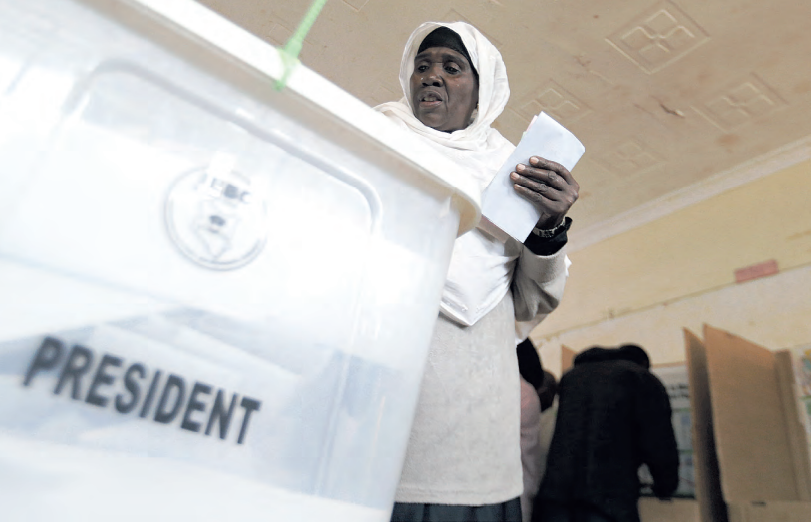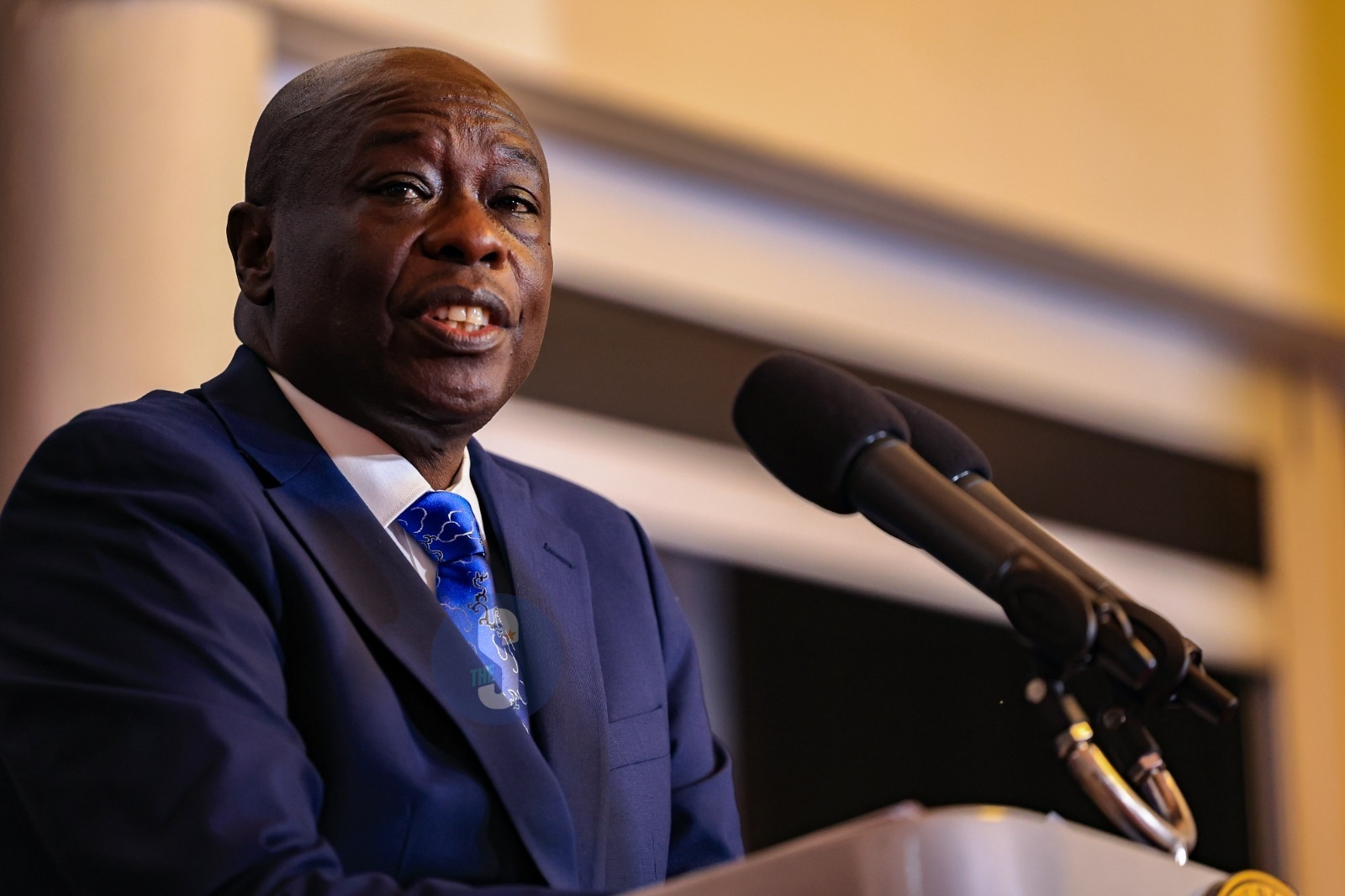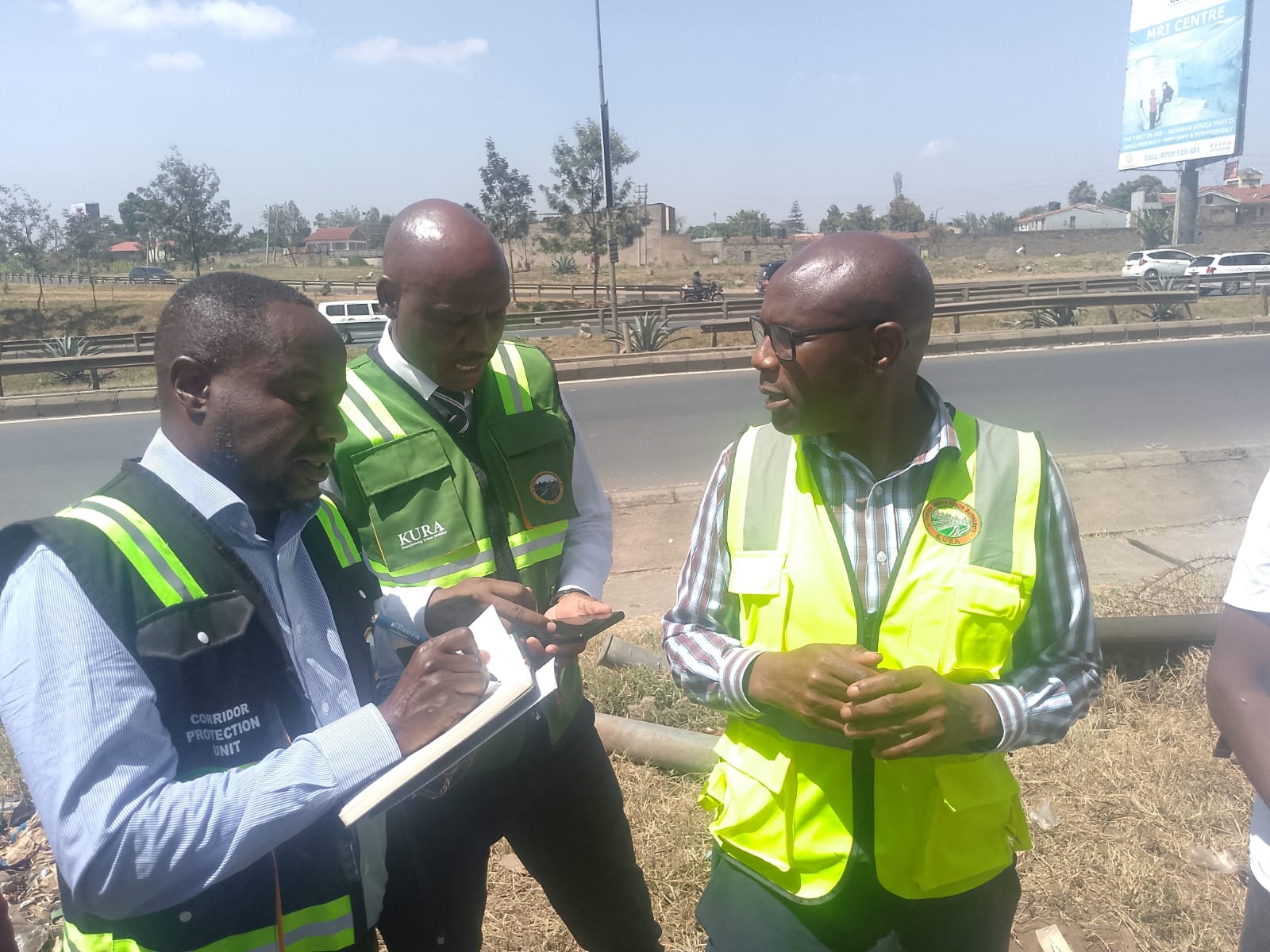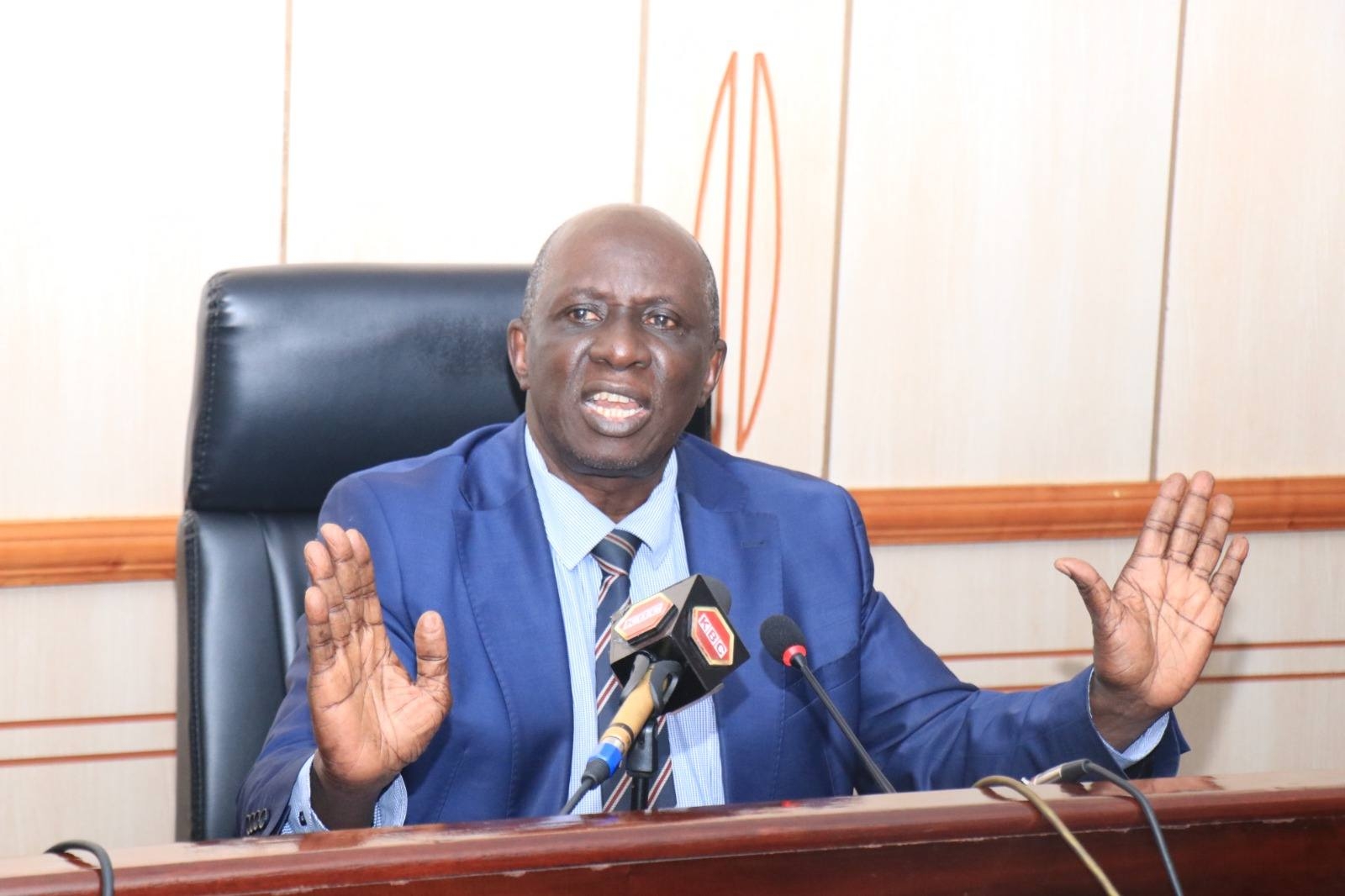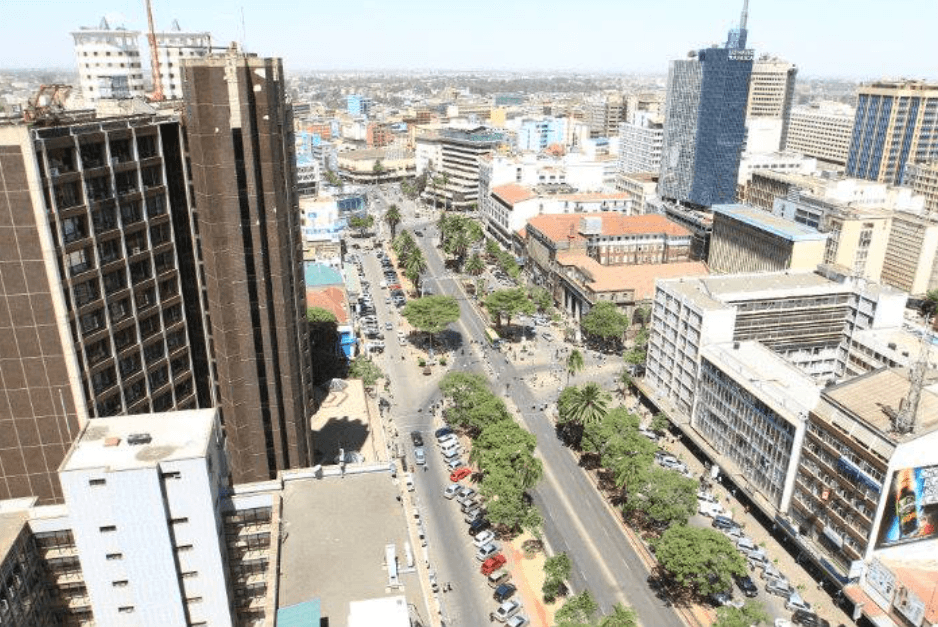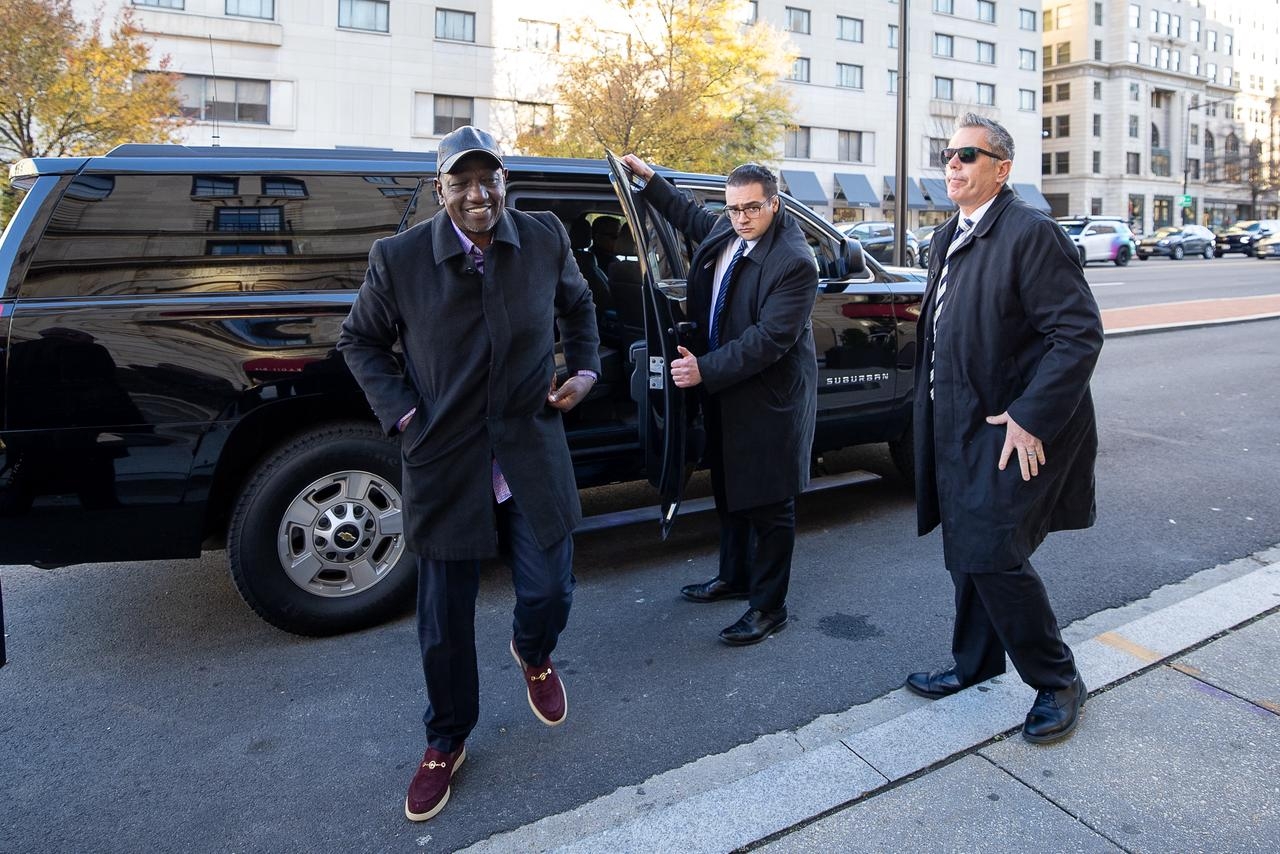
It appears that the run-up to the election has well and truly begun.
We can tell this from political posturing and new emerging alliances.
But what does it mean for us as citizens at this moment in time? How does the pre-election period impact our constitutional rights?
OUR CONSTITUTIONAL RIGHT TO VOTE '
Article 38 of the Constitution provides that every adult citizen has the right, without unreasonable restrictions, to be registered as a voter.
Article 81 further provides that Kenya should conduct free and fair elections, which are free from violence, intimidation, improper influence or corruption.
The time between elections is the time to safeguard these rights; to encase them in layers of protection because if the vote comes around and they have been undermined, it may be too late to fix what has been broken.
It is estimated that about to six million young Kenyans will be eligible to vote for the first time in 2027, so it comes as no surprise that the so-called Gen Z may be viewed as a threat by the current regime.
Since June last year, this generation has been very vocal about their frustrations with President William Ruto and his government’s policies.
Meanwhile, Ruto has referred to those protesting against acts by his government as traitors.
The feelings the President and members of Gen Z harbour toward each other should make no difference under the Constitution.
The generation born between the late 1990s and early 2010s may be the biggest group of voters in this upcoming election.
Even today, more than 40 per cent of registered voters are under 35.
More will have turned 18 and registered to vote by 2027.
For those voting for the first time, this should be an exciting moment in the process of ‘adulting’.
Instead, it is marred by frustration and fear.
DENIAL OF ID CARDS
Increasingly, we hear reports of people being denied ID cards, which are required to vote in Kenyan elections.
Notably, a valid ID card is not a requirement under Article 83 of the Constitution, which sets out that in order to register as a voter, a person must be an adult citizen, of sound mind and not convicted of an election offence in the preceding five years.
A number of countries don’t require national ID cards for elections at all, and the introduction of IDs as a voting requirement has caused controversy in places, such as the US and the UK.
Barriers to accessing ID cards is no new issue in Kenya.
Marginalised communities, such as the Nubian community and the Somali-Kenyan community, have taken the government to court over their inability to access identification documents.
Recently, the President announced his commitment to scrap the vetting requirement for border communities.
This news came as a surprise to those working in this space, as it seemed to merely restate a wider-reaching promise to abolish citizenship vetting that was already made last year but not fully implemented.
Some have called this recent announcement a political move.
Every citizen is entitled to the rights, privileges and benefits of citizenship under Article 12 of the Constitution, which also sets out that every citizen is entitled to any document of registration or identification issued by the state to citizens.
Justice Ojwang already recognised over a decade ago – in Muhuri v Registrar of Persons (Constitutional Petition 1 of 2011, decided in the same year) – that requirements for certain groups to provide extensive background documents to access ID cards is discriminatory and unconstitutional.
And, in 2015, the African Commission on Human and Peoples’ Rights (ACHPR) found that Kenya’s denial of identification documents to Kenyan Nubians amounts to a violation of the African Charter on Human and Peoples’ Rights and impacts their right to nationality.
Many of those who are unable to access ID documents are left in legal limbo and at risk of statelessness.
So we know that the country does have a history of wielding access to ID cards as a weapon.
What is interesting and different now is that the common factor between those starting to report this issue is their age.
The possibility of vetting committees was established formally in the Registration of Persons Act in 2014, through the Security Laws Amendment Act.
These require a slew of documentation from certain communities – though the Act does not say this.
Powers under law must not be exercised in a discriminatory fashion, and, if for good reason, some differentiation is essential it must be permitted by law (not just administrative practice), and law passed since 2010 must be specific that a limitation on rights is permitted (Article 24 ).
The Registration of Persons Act is not, even in that 2014 amendment.
DISAPPEARANCES AND ABUSIVE ARRESTS
Alongside the administrative issues in access to ID cards, we have also, in recent months, seen a number of instances of enforced disappearances across the country.
Those who disappeared are almost exclusively young Kenyans – members of Gen Z.
The recent detention of a woman in her 60s who was dragged from a hospital, where she was seeking treatment for a knee issue, stood out as an arrest conducted by uniformed police officers, who took her to a police station, rather than a clandestine forced disappearance.
The Director of Public Prosecution declined to prosecute in her case.
The ACHPR has expressed alarm over reports of enforced disappearances in Kenya.
The disappearances are frequently linked, in the public discourse, to retaliation for last year’s protests on the Finance Bill.
Security forces have denied any direct involvement and refer to ‘abductions’, implying a private criminal act. Enforced disappearances are unlawful under both national and international law.
Of course, we may be looking at private abductions, and the hurdles in access to ID cards may be innocent, administrative delays. Coincidences exist, I am told.
PROTECTING OUR RIGHT TO VOTE
Ultimately, what truly lies behind the denial of the constitutional right to vote for certain communities does not matter.
True free and fair elections mean that these issues, these direct impediments to a specific group of people’s right to vote, must be redressed.
A good faith effort by the government to show that they are keen to see Gen Z exercise their right to vote, could be an easing of the ID requirements for voter registration – who is to say that I should not be able to register on the basis of my birth certificate or the waiting card that indicates that I have applied for my ID?
For us citizens, this is a time to be vigilant. We must document and record potential efforts at restricting our right to exercise our democratic right to politically engage.
Voting is not the only activity that may be obstructed. And – just because you are not Gen Z or Somali – don’t imagine it can’t happen to you.
The government bears the ultimate responsibility to safeguard our rights, but it is on us to demand accountability and force the protection of rights when we feel that existing structures and institutions cannot be trusted.
The Judiciary remains a crucial actor in our right to security and redress, and we may want to deeply investigate any attempts at undermining the institution as a whole.
The time to look at the news through the lens of how it impacts our constitutional right to free and fair elections has come and is here to stay – let’s keep our eyes open.


